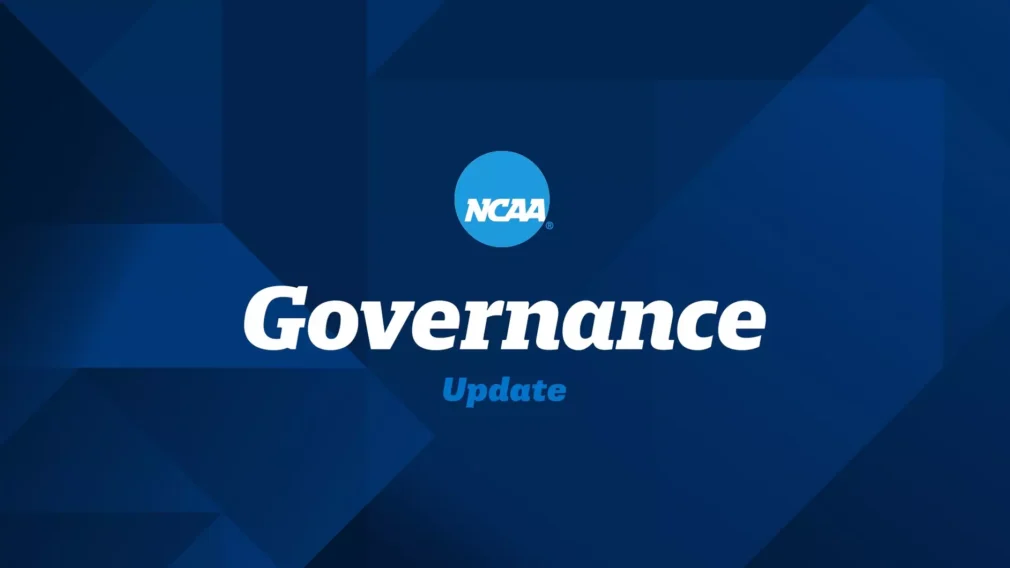NCAA Delays Rule Change Allowing College Athletes to Bet on Pro Sports
The National Collegiate Athletic Association (NCAA) Division I Board of Directors has voted to delay a new rule change that would allow student-athletes and athletics staff to legally wager on professional sports. The revised rules will not take effect until November 22. The delay follows sharp opposition from major conferences like the SEC.

Technical Reason for the Postponement
The postponement is tied to the Division I legislative process. The process allows for the rescission, or reversal, of a rule change within 30 days of its final approval. This can happen if two-thirds of the division’s membership submit an electronic request supporting the reversal.
Since this 30-day window for rescission extends until November 21, the Division I Board concluded that an effective date after that period was appropriate.
The delay by Division I also postpones the implementation date for both Division II and Division III. This is because the sports betting regulations are identical across all three NCAA divisions. Division III voted for the change on October 21, and Division II approved it on October 22.
Context of the Policy Shift
The rule change itself was an attempt to modernize NCAA policy. The goal was to balance modernization with the protection of athletic integrity, acknowledging that sports betting is now legal in many U.S. states. The original plan was to implement the changes on November 1.
Despite the intended relaxation of rules, the strict ban on betting on any college sports, NCAA championships, and sharing confidential information remains firmly in place.
The proposed change faced immediate and fierce opposition. The Southeastern Conference (SEC) formally requested that NCAA President Charlie Baker rescind the amendment. SEC Commissioner Greg Sankey argued that removing the previous outright ban sends a “poor signal” and represents a “wholesale removal of the guardrails” that protect game integrity. The SEC’s primary concerns center on the vulnerability of student-athletes and the potential threat to the integrity of competitions.
The debate occurs against a backdrop of increasing violations. In September alone, the NCAA sanctioned 13 former men’s basketball players and permanently disqualified three other student-athletes for betting infractions, including placing prop bets on their own teams.
Recommended
